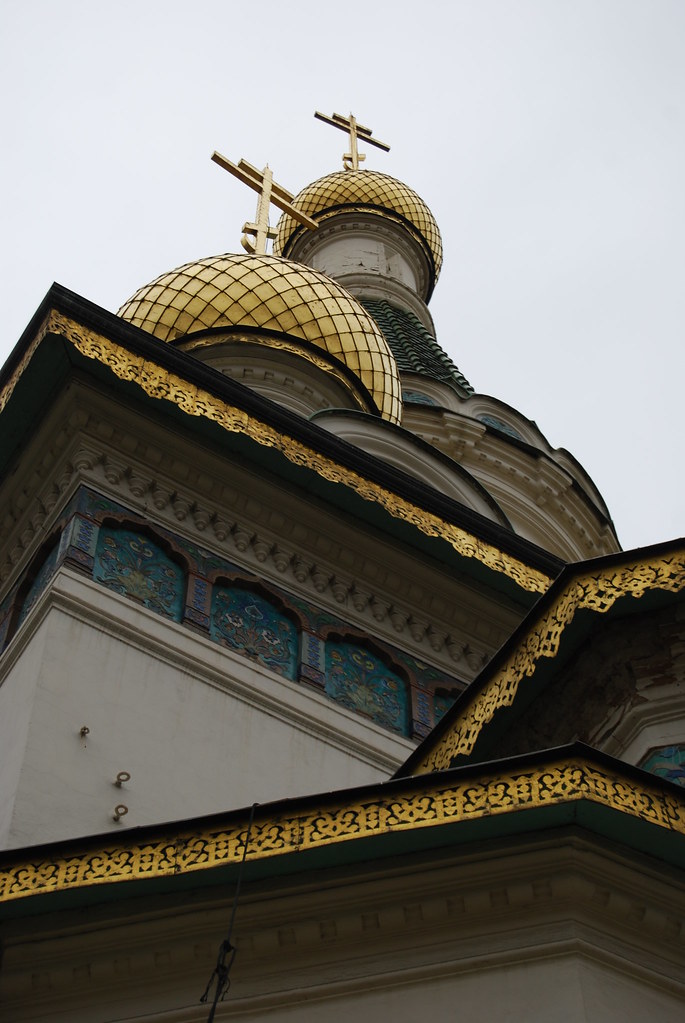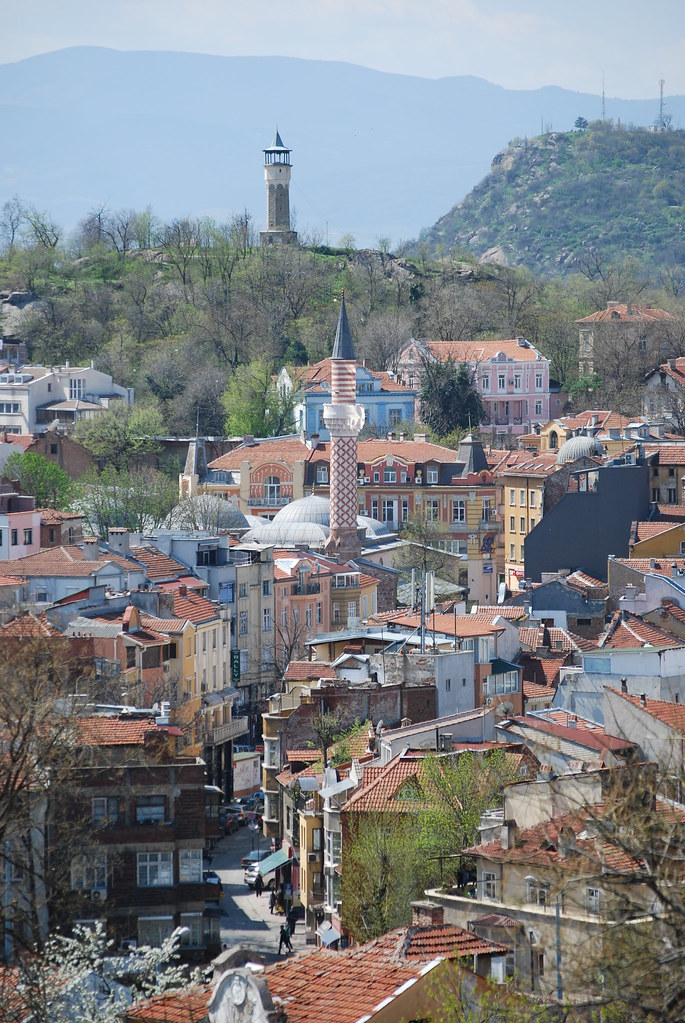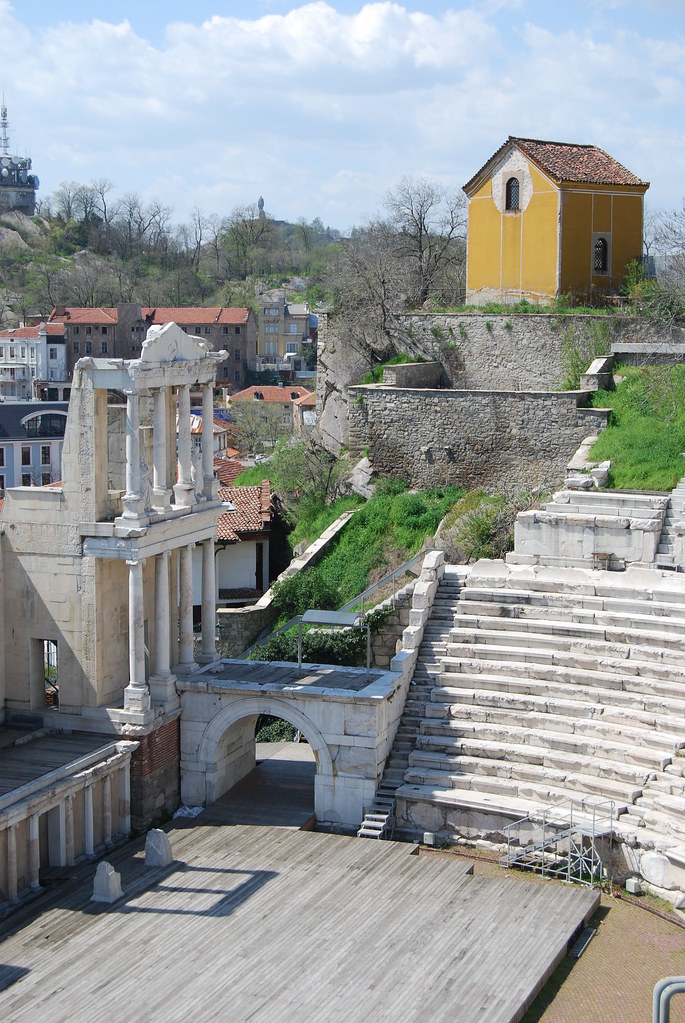From April 6-9 I attended the Fulbright Enrichment Seminar put on by the Bulgarian Fulbright Commission on the topic of “Cultural and Social Integration in 21
st Century Europe”. Feeling that my project was related to the topic, I gave a short presentation regarding the “unifying” aspects of architectural heritage that I’ve been finding during my explorations of Nicosia. To be brief, I argued that the substantial funds and development projects that have developed in preparation for Cyprus’ turn as the
President of the Council of the European Union in 2012 could be better served saving the rich layers of heritage in the capital rather than
covering them up. I felt I received a lot of interesting feedback to move forward with.
However, my favorite part of the seminar was talking with the other students conducting research grants in the region (Balkan, Mediterranean, and Caucas states). As I listened to many of the presentations and talked to the other participants during our downtime, I realized how much more I have to learn about the region. This was only reinforced by my travels immediately following the seminar (see next post).
Although I had seen Sofia, Bulgaria before, this seminar offered another opportunity to explore a few of its important monuments. In addition, we got the opportunity to visit historic city of Plovdiv. The Old Town area, within an originally Roman fortification that only partially exists today, monuments and Ottoman residences that were shown to us by a guide provided for the group who seemed to know about every last detail of the city.
SOFIA
 |
| Alexander Nevsky Cathedral in Sofia |
 |
| Golden onion-shaped domes of the Russian Church of St. Nicholas the Miracle-Maker |
 |
| Main street in Sofia |
PLOVDIV
 |
| View of downtown Plovdiv |
 |
| Rehabilitated Roman theater in Plovdiv |
 |
| Outside of the main gate of fortification surrounding Plovdiv's old town. Ottoman housing on the outer edge of the city |








No comments:
Post a Comment